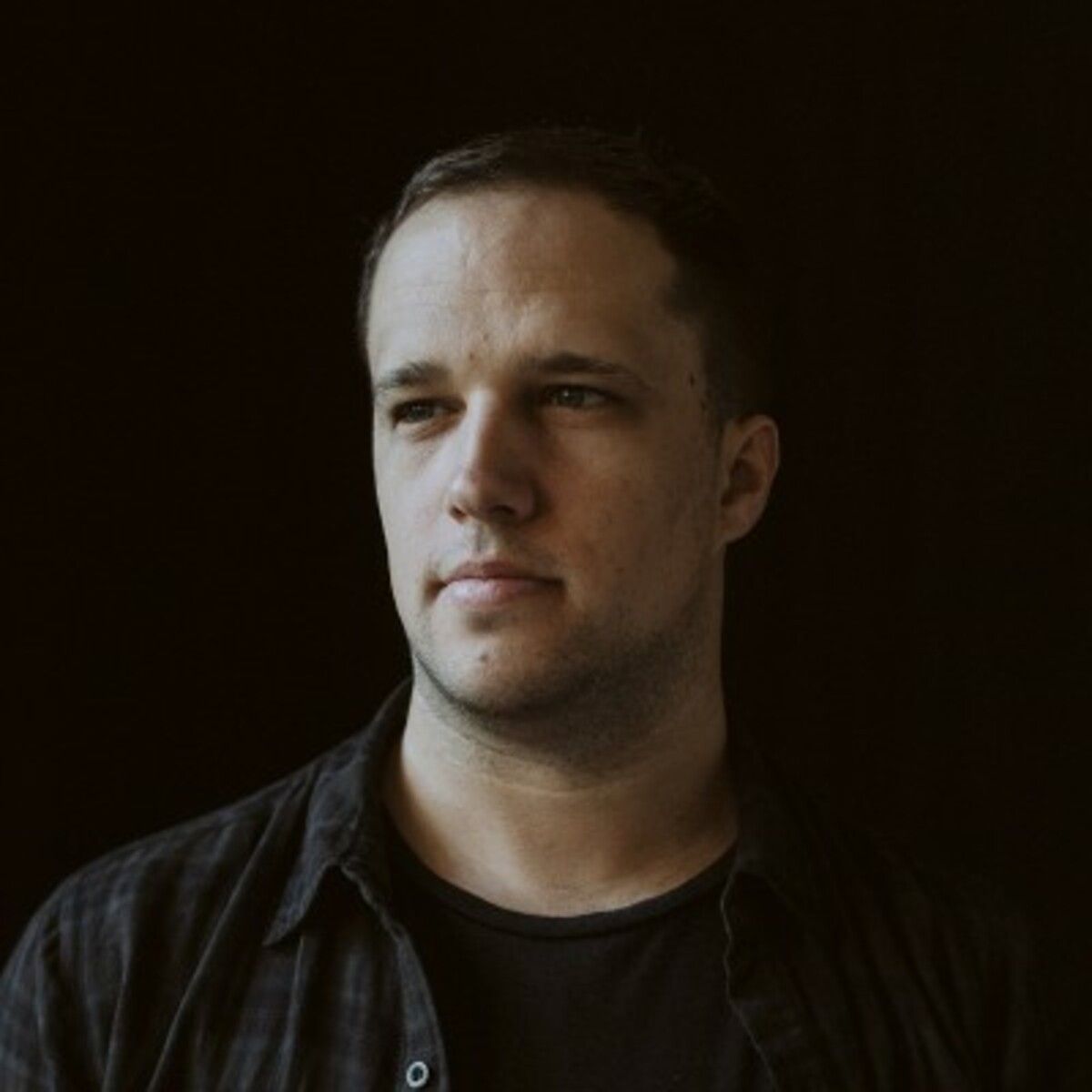
Hello!
How’s your week going so far?
I’m feeling philosophical this week, so I thought I’d share my latest musings.
As you know, business is competitive and competition is rooted in the perception of scarcity. Sometimes that scarcity is real – but a lot of the time, it isn’t. Often there’s enough business to go around; you just have to find it.
When we’re in the scarcity mindset, it’s easy to compare ourselves to our competitors. We guard our ideas protectively in the fear that we’ll be copied and our competition will get the upper hand.
Today, I want to offer you a different perspective and hopefully provide some peace of mind.
Here’s what’s on the agenda:
Context
💫 The fear of copycats
Perspective
🌎 Owning your ecosystem
A wild idea
💡 Partnering with the enemy
💫 CONTEXT
The fear of copycats
At Studio Almond, we occasionally get asked to enter exclusivity agreements, restricting us from working with brands in the same industry. Whenever these requests come in, our answer is almost always the same, “Sorry, but no.”
The truth is that shutting off our services from clients within the same verticals does everybody a disservice, without any real payoff. Let me explain.
We’ve spent nearly a decade carving out a niche, specialising in ecommerce experiences for lifestyle brands, many of which operate in the same industries – fashion, beauty, wellness, etc.
Working within our niche is exactly why we can provide our clients with solid industry insights – which we do without ever disclosing confidential information.
When you’re choosing a partner to help your business, opting for a specialist is a good way to ensure you get the most relevant advice for your brand. The flip side is you have a smaller pool of potential partners to choose from.
We recognise that people request exclusivity because they’re worried about being copied by competitors. It’s not an uncommon fear, but for the most part, it’s unfounded.
Ideas are only valuable when they’re executed well. To quote Daniel Priestley, “People can copy an idea but they can’t copy an ecosystem.”
Which brings me to my next point…
🌎 STRATEGY
Owning your ecosystem
Your ecosystem is everything. It’s also entirely unique to your business.
More than just a logo, website, or newsletter – your ecosystem encompasses everything from your brand assets to your people and how you run your business.

Source: BOLTGROUP
Essentially, it’s the foundation of your success and includes things like:
Brand identity:
Your brand's values, mission, and vision.Human capital:
The unique skills, knowledge, and expertise of your team.Operational excellence:
Efficient processes and systems that drive productivity and profitability.Customer relationships:
Strong, loyal connections with your customers.Market positioning:
Your unique value proposition.
From this short list, you can start to see how much ecosystems vary between brands – even direct competitors.
For example, take a peek at a small portion of our ecosystem:
Brand identity
Reputation
A team of experts in their respective crafts
Our website
LinkedIn strategy
Meta strategy
Active lead magnets
Nurture campaigns
Software products
Strategy and audit products
SOPs
IP
Internal developer courses
As part of this ecosystem, we recently released a series of guides to teach people about the foundations of ecommerce.
A competitor could see them, download them and even copy them. But I’m not concerned. They can’t see the rest of our ecosystem. They don’t have access to our stats or learnings, and crucially, they don’t know what we’re doing next.
That’s the thing about copycats – they’re always on the back foot.
So at the risk of sounding like a motivational meme, you do you. There’s no other brand quite like yours. Keep learning, keep innovating and find partners who do the same.
Only scaredy cats are afraid of copycats.
💡 A WILD IDEA
Partner with the enemy
You know what they say, keep your friends close and your enemies closer.
[Pause for dramatic effect]
“Enemies” might be a bit strong, but I think you can see where I’m going with this.
On one hand, you can forget about your competitors, safe in the knowledge that you’re doing your own thing and there’s a limit to what they can replicate.
On the other hand, you could join forces with them.
This strategy, which has been dubbed “coopetition” involves sharing your expertise, your audiences, and your resources to create a mutually beneficial product and/or campaign.
There are countless examples of brands that have done this over the years, not the least of which include McDonald’s and Burger King.
Adidas and Allbirds did it last year, coming together to create a shoe with a crazy low carbon footprint.
It’s amazing what some brands can achieve by choosing to work together. Food for thought!
❤️ REFER A FRIEND
Share the love
Know somebody who might like this newsletter?
How much is anonymous traffic costing your business?
For DTC brands, unidentified shoppers = untapped revenue.
Black Crow AI identifies 100% of returning users & predicts shopping behavior patterns so you can effortlessly acquire more customers.
Shopify brands with $2M+ in GMV get a free $100 gift card to book a demo.
Thanks for reading!
Until next time.


Alex Murton
Managing Director & Co-Founder
Studio Almond



